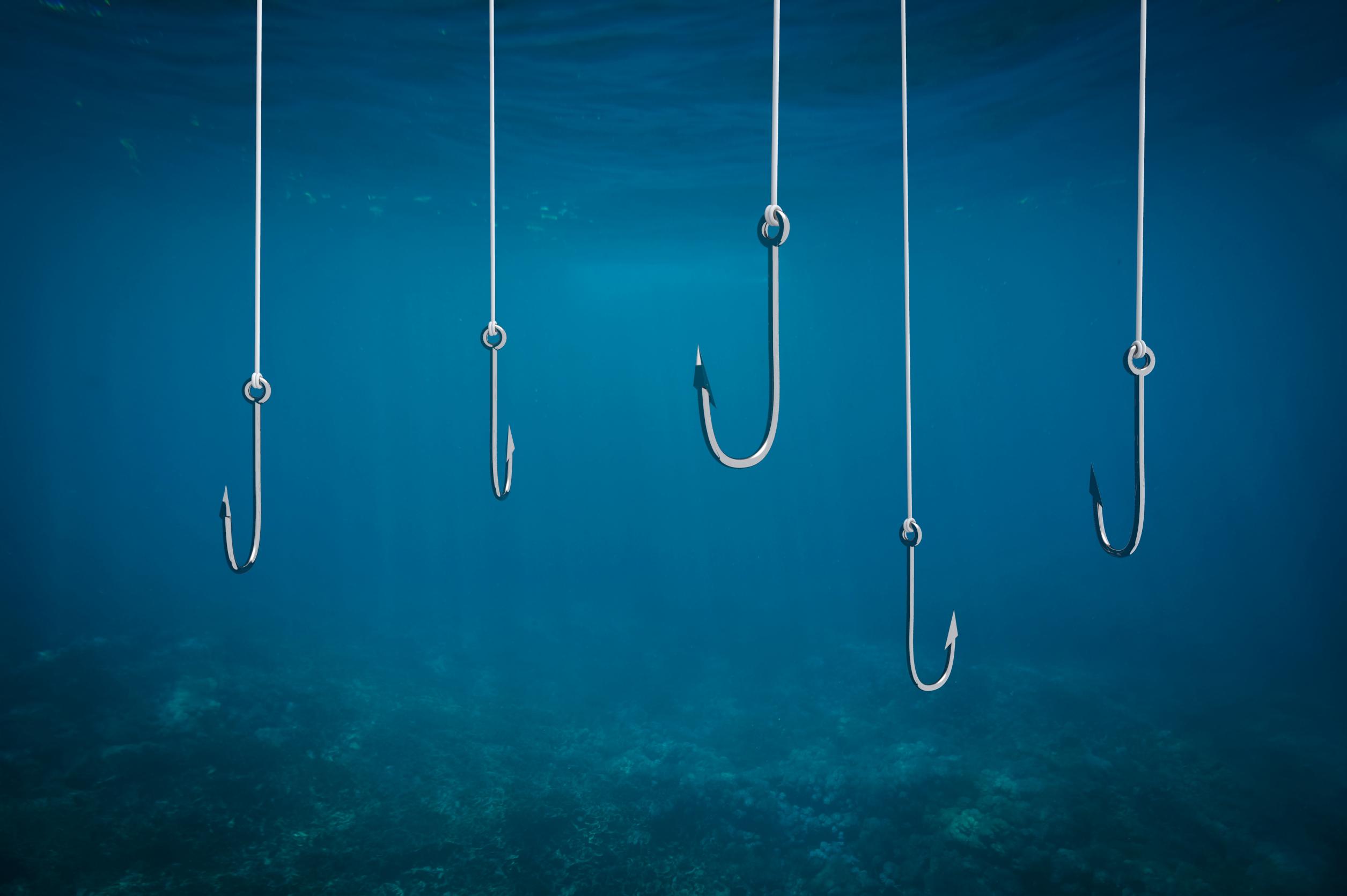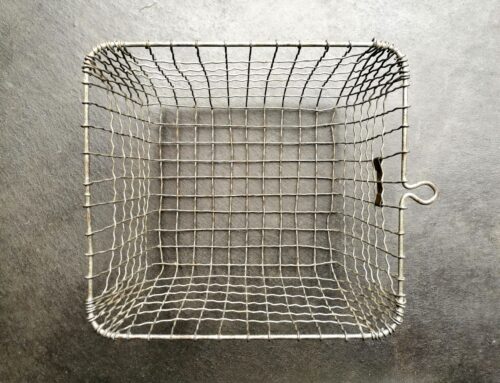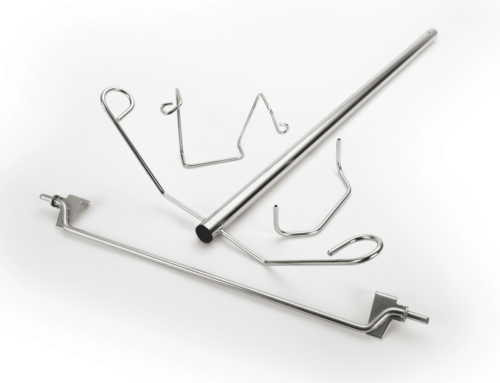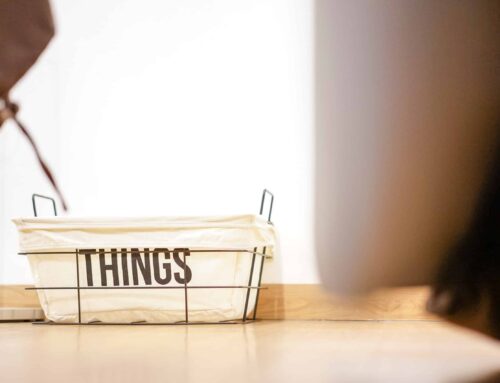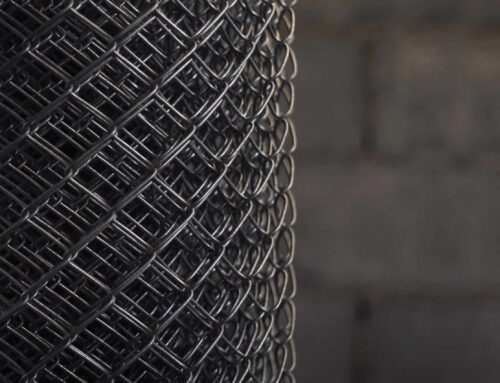Wire forms come in all sorts of shapes and sizes and each play different roles in tools. But what exactly is a wire form, and what role does each different wire form preform? We have provided you with a breakdown to help you understand what a wire form is, as well as many other common wire forms you will come across when working on machinery.
WHAT IS A WIRE FORM?
Wire forms are wires that have been bent into specific shapes, that are often used to fulfill a particular purpose. One commonly recognized wire form is a spring, though any shape that a wire takes is technically a wire form. Other popular wire forms include hooks and certain clips.
The wire used in wire forms can be made of any suitable metal. The type of metal used can vary based on specific needs. For example, a wire form could be made from the following metals:
- stainless steel
- copper
- aluminum
Additionally, the wire can range in thickness and can be in any shape, like either round or flat.
Often, the different wire forms and their roles dictate the material used. Different metals have varying pros and cons, such as their ability to resist corrosion, their relative strength to size, and even appearance.
DIFFERENT TYPES OF WIRE FORMS
HOOKS
Hooks are a popular wire form that most people are familiar with. Often, hooks are used as points of connection between two parts or components. A common hook shape resembles that of a question mark. The open end allows another item to be connected or suspended by looping the second object around that point. Then, the items remain connected through tension or even gravity.
You might not realized that fishing hooks are wire forms. They are designed with a specific shape and associated strength depending on the fish that are being caught.
The metal used for the hooks are chosen based on its known exposure to certain elements, such as fresh or salt water. However, some fishing hooks will still corrode over time depending on how well the material is care for before storing them after use.
METAL CLIPS AND CLAMPS
Metal clips and clamps that use tension to hold items in place are also considered wire forms. The tension may result from a squeezing or compressing design as well as through outward tension. Often, these wire forms resemble the letter U in their basic design but will exhibit various differences depending on the intended use.
One example of a clip wire form is a paper clip. The curved, looping shape compresses the sheets of paper placed between the sections. This maintains enough force to keep the papers together, though not so much as to damage the surfaces. Additionally, the level of pressure is light enough that it is easily manipulated when the pages need to be removed.
OTHERS
Technically, any shape a wire can be contorted into might classify as a wire form. Additionally, wire forms can be made from multiple pieces of wire. For example, shapes that resemble baskets are technically wire forms, even if it is not created from a continuous length of metal.
Additionally, different wire forms are combinable. For example, a spring may feature a hook at the end, a common design for tension springs, allowing the ends to connect to different components. A self-closing door can feature a spring with hooks on each end. One end of the spring connects to the door frame and the other to the door itself. When pressure is exerted on the spring, it stretches, allowing the door to open. Once the door is released, the spring’s tension pulls the two ends together so that it can return to a resting state.
CHOOSING THE MATERIAL
When designing a wire form, it is important to select the right metal for the intended purpose. Here are some factors to take into consideration when deciding on wire form material.
Operating Conditions – Different metals can lose integrity or corrode based on different circumstances. Factors that need evaluating include heat or cold, whether there is going to be exposure to water or other fluids, and whether there is the presence of salt in the water or air. For example, if you intend to use steel, whether you choose stainless or regular steel may depend on environmental factors.
Thickness – Wire is available in different thicknesses. Often, thicker wire provides additional strength compared to thinner variants of the same wire. It is also more unyielding and harder to warp. However, thicker wire physically takes up more space. In some cases, the wire thickness is limited based on how it will interact with other components as well as the amount of room available where the wire must be placed.
Tensile strength – This refers to the amount of force the wire can withstand without warping or breaking. When a piece of equipment, like an air compressor, lists a minimum tensile strength, this generally means you need to select a wire form that can provide more tensile strength than that minimum. While the minimum requirement can work, it may wear or fail more quickly than a stronger option.
CUSTOM WIRE FORMS
While many wire forms are available in stores and already made in bulk, these options might not offer an ideal fit for your needs. In that case, having custom wire forms created is the best course of action, especially when precision is a concern. Custom wire form manufacturers, like us at Acme Wire, work with you while determining your exact needs. Then, they’ll recommend materials and designs that provide the functionality you require.
Custom wire forms can also be made to any shape. That means if you need a form that isn’t readily available, you can have one professionally made. In most cases, a custom wire form can be made as a one-off, or as multiples for larger production runs or regular needs.
CONTACT ACME WIRE PRODUCTS
Acme Wire Products has designed, recommended and manufactured custom wire components for customers in many diverse markets. We offer the benefit of our almost 50 years’ experience in the manufacture of component parts for hardware, medical & lab equipment, cable management, sporting goods, firearms, furniture, guarding, HVAC, pharmaceutical, automotive, optical and food service and processing industries.
Acme Wire’s designers work with our customers to create a wire component that will provide the greatest functional value. The design of wire products such as levers, handles, supports, rings, guards, baskets, trays, grids, frames, shelves are limited only by one’s imagination (and the limitations of technology).
Contact Acme Wire Products to assist you in determining the wire product best suited to your requirements! Call Acme Wire Products at 1-800-723-7015 to get started.
Acme Wire Products Co., Inc. – Mystic, CT
Fax – 860-572-9456

